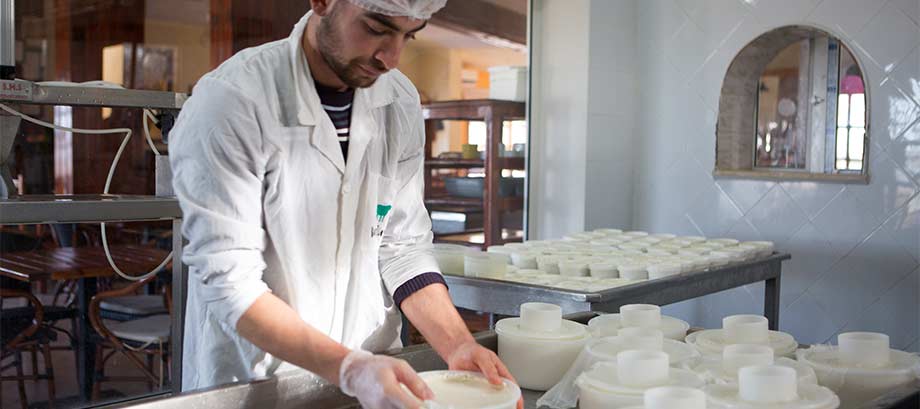An innovative and inclusive multistakeholder platform in Tunisia
Youth unemployment in Tunisia is unsustainably high, especially among university graduates, despite considerable efforts to support their integration into the labour market. The country’s predominantly rural and agricultural “interior” regions are lagging the furthest behind in terms of economic development. The promotion of investment by young people in high-potential agricultural sectors could make a significant contribution to supporting sustainable and inclusive economic growth in these regions. Concerted efforts are needed to: stimulate investments that will create dynamic agricultural and agribusiness sectors; and offer entrepreneurial and employment opportunities to the youth.
In order to tackle these challenges, FAO, the National Agricultural Research Institute (INRAT) and the Agricultural Investment Promotion Agency (APIA) established a strategic partnership in 2019. Through a sister project, GCP/GLO/886/MUL “Support to responsible investment in agriculture and food systems”, a strategic planning process was carried out, resulting in a national roadmap. This roadmap comprised a broad set of recommendations.
Upon request of the APIA and INRAT, the FMM Subprogramme has supported the establishment of an inclusive multi-stakeholder platform to further refine these recommendations and validate them with all concerned stakeholders. This platform, the PRIJA, is managed by INRAT as a neutral and local convener in partnership with FAO and APIA. The platform has three work streams: (i) enhanced coordination and efficiency of institutions; (ii) access to finance; and (iii) access to information, which aim to provide support for the implementation of the CFS RAI Principles, with a focus on youth.
Each workstream has approximately 20 members, representing key government ministries and agencies, financial institutions, extension services, bilateral and multilateral agencies, and young agri-entrepreneurs. Between November and December 2020, three working sessions were organized by each workstream, resulting in the development of more than 80 concrete proposals to enhance institutional, policy and incentive frameworks for responsible investment by young agri-entrepreneurs, including suggested amendments to the Investment Law.
These proposals will be validated via two rounds of broad and open consultations in 2021. A series of proposed solutions will also be pilot tested with a group of young agri-entrepreneurs, together with APIA. According to Ms Monia Ben Romdhane, Director at the Assistance for Business Development Department,, “The PRIJA has allowed to bring research and policy-making closer together and will help identify innovative solutions”.
Mr Rym Khemiri Moussaoui, Head of the Crop Production Service (Béja) of the Territorial Extension Service stated that, “This is a model which should be implemented by all stakeholders, engaged for the same cause and working in synergies. This is definitely what should be happening”.
Programme
1. Evidence-based policy, global instruments and knowledge products
Subprogramme
Leveraging global instruments and knowledge products
(FMM/GLO/127/MUL)
Share this page

